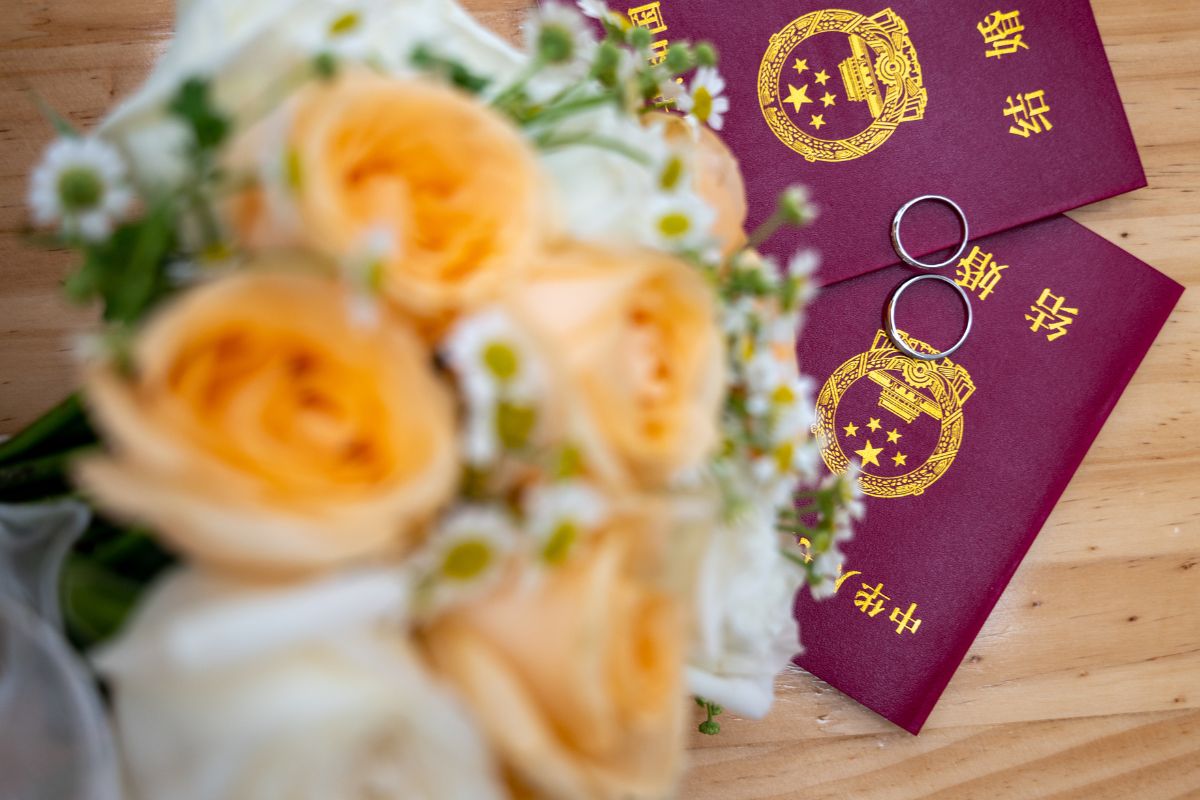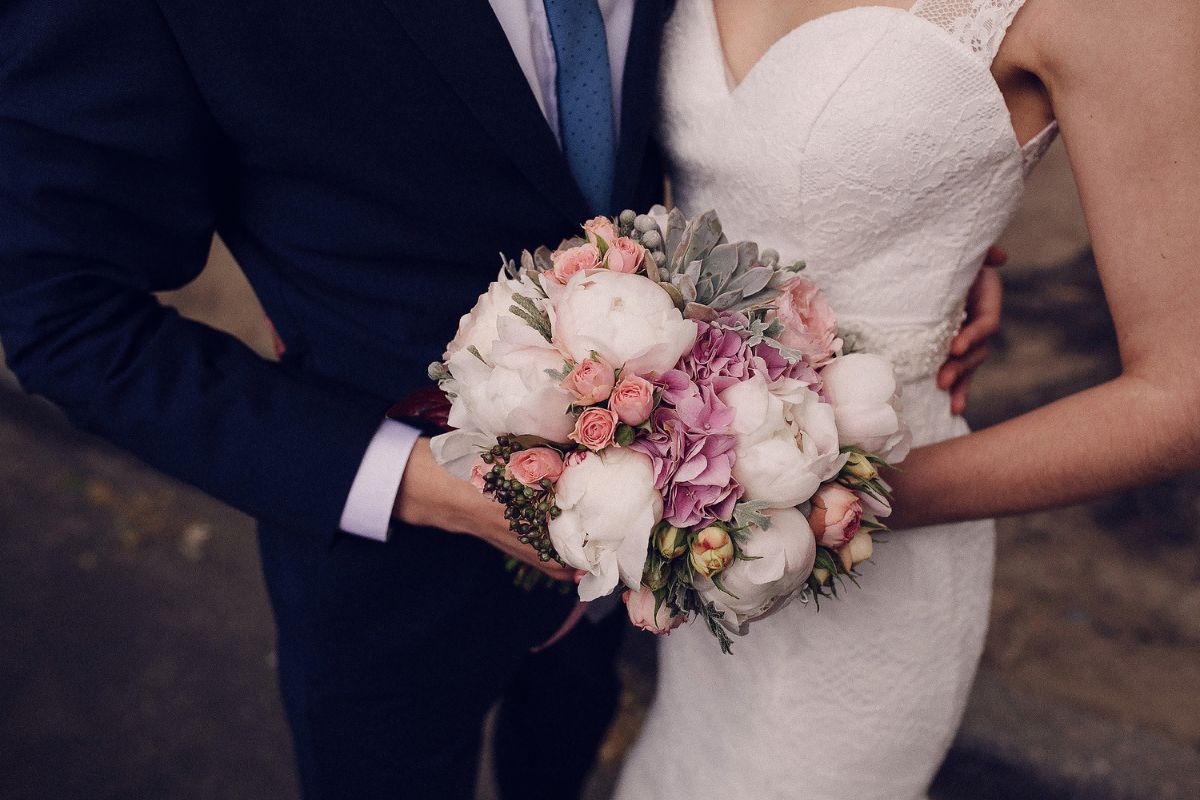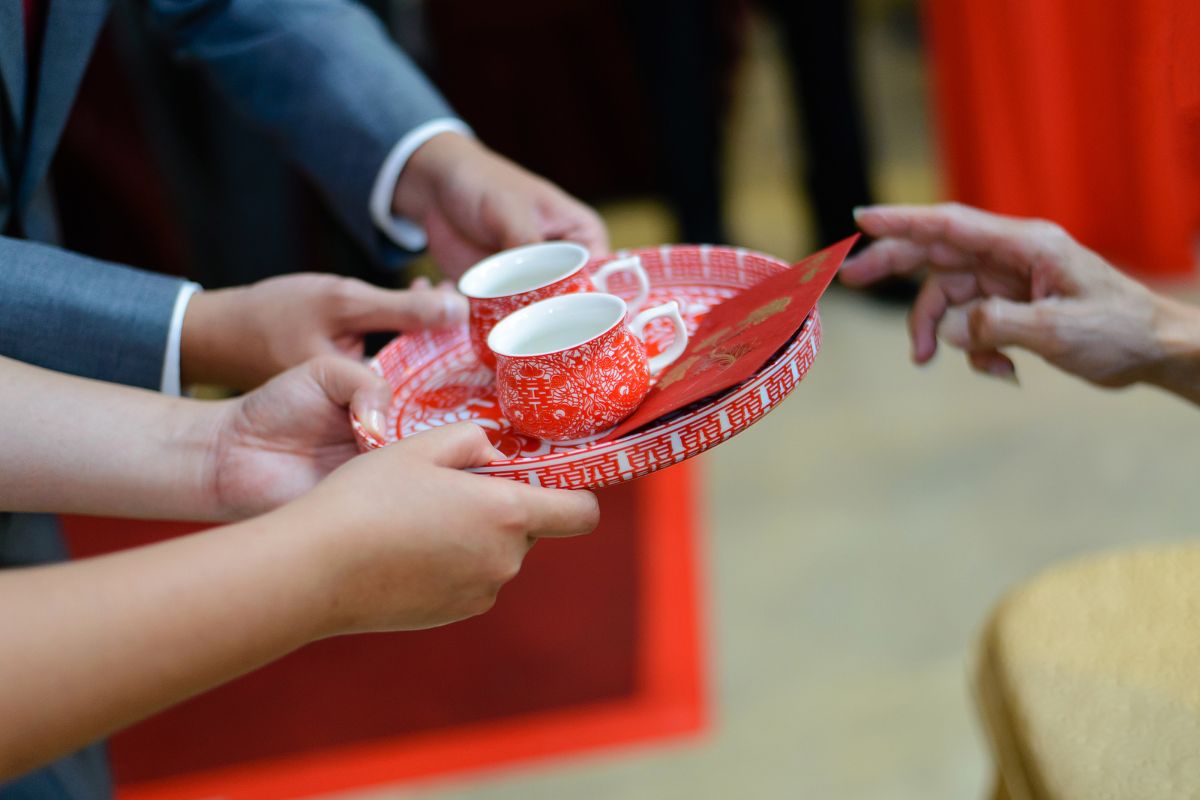Tradition and Rituals: Exploring the Beauty of Chinese Marriage
Do you have a perfect marriage? Do you remember every detail from the first encounter to stepping into the marriage hall? By deciding to embark on marriage together, you must have overcome many challenges! Marriage is a significant event for everyone, almost a journey that most people must go through. In China, the process of two individuals meeting, falling in love, and ultimately becoming husband and wife, while complex, carries profound meaning. Next, this article will introduce you to the unique Chinese-style marriage!

Chinese-style Blind Dates
Generally, blind dates in China are arranged by the older generation or professional matchmakers based on the traditional concept of compatibility in social status. Although free love is popular today, many families still believe that relationships formed through trustworthy channels are more stable. During this process, the families of both parties indirectly inquire about each other's family background and financial status, which are considered essential for ensuring marital happiness. Subsequently, the men and women on blind dates usually choose to meet in public places such as cafes or restaurants for their first encounter, allowing them to chat comfortably and get to know each other's personalities and interests. If the initial meeting leaves a good impression on both sides, they may continue to develop the relationship and enter the stage of courtship. Even if sparks do not fly at the first meeting, sometimes, due to family wishes or external pressures, both parties may be willing to give each other more chances to increase interaction and deeper understanding.

Courtship and Betrothal
In China, couples, whether through free love or blind dates, often go through a period of extended companionship and careful consideration before deciding to spend their lives together. Once the couple decides to marry, the next important stage is the betrothal 订婚 (dìnɡ hūn) ceremony. The selection of an auspicious betrothal date is determined through mutual consultation between the families. While choosing an auspicious date is a custom, it is not mandatory. The key is to find a day that is convenient and symbolizes prosperity for both families.
订婚 (dìnɡ hūn), noun, betrothal
Examples:
- Was it not your betrothal feast?
那次不是你的订婚宴吗?
nà cì bú shì nǐ de dìnɡ hūn yàn mɑ ? - The betrothal period might have lasted for a year or two.
订婚期一般会持续一至两年。
dìnɡ hūn qī yì bān huì chí xù yí zhì liǎnɡ nián 。
The groom's family typically meticulously prepares the betrothal gifts to demonstrate respect and sincerity to the bride's family. This process, also known as "betrothal," involves a variety of gifts, including symbolic gift money (often in even numbers, symbolizing double joy), as well as cigarettes, alcohol, delicacies (such as pork and fruit cakes), and clothing, each carefully selected in pairs to embody auspiciousness. Facilitated by matchmakers, these betrothal gifts are meticulously counted and formally presented to the bride's family. Accepting the betrothal gifts signifies the formal approval of the marriage by the bride's family.

During the ceremony, the future couple will serve tea to their elders, a gesture that conveys deep respect and gratitude towards their elders. In return, the elders will give the couple red envelopes containing money, symbolizing blessings and good wishes. Additionally, the couple may exchange engagement rings or other meaningful tokens as symbols of their commitment and future union. After the ceremony, the couple usually proceeds to obtain their marriage certificate, marking not only a milestone in their love journey but the prelude to the formal wedding.

Wedding Ceremony
A wedding 婚礼 (hūn lǐ) will always be held on an auspicious date. On this day, the groom, with a festive procession, will carry either a traditional sedan chair or ride a modern luxury vehicle to welcome the bride. However, taking the bride away is not an easy task, as the groom will have to pass various fun challenges (such as answering questions or playing games). Upon successfully overcoming these challenges, the bride will be welcomed into the groom's home, symbolically crossing over a burning brazier, signifying the dispelling of negativity and the arrival of happiness and auspiciousness.

婚礼 (hūn lǐ), noun, wedding
Examples:
- Today's our wedding anniversary.
今天是我们的结婚纪念日。
jīn tiān shì wǒ men de jié hūn jì niàn rì 。 - The wedding day finally arrived.
婚礼这一天终于到来。
hūn lǐ zhè yì tiān zhōnɡ yú dào lái 。
Next, guided by the host, the newlyweds will bow three times in front of ancestral tablets or symbols of celebration: first to the heavens and earth, expressing gratitude for the gifts of nature; then to the parents of both sides, showing respect; finally, the couple will bow to each other, promising mutual support and lifelong companionship. Subsequently, they will exchange cups of wine to drink the "union wine," signifying that they will be together in joys and sorrows in the future.
At the end of the ceremony, the newlyweds will serve tea to their parents as a display of filial piety and gratitude. In return, they will receive blessings from the elders and red envelopes filled with love.

From acquaintance and affection to stepping into the marriage hall, each step is filled with special significance and solemn ceremonial feelings. Whether it's the meticulously prepared gifts during the betrothal or the series of celebratory activities at the wedding, each expresses deep respect and good wishes from both sides. These inherited marriage traditions are not just forms of rituals; they hold deeper meanings of respect for family, commitment to love, and shared expectations for the future. May every newlywed couple find their happiness in these beautiful traditions, hand in hand, experiencing every important moment in life together!